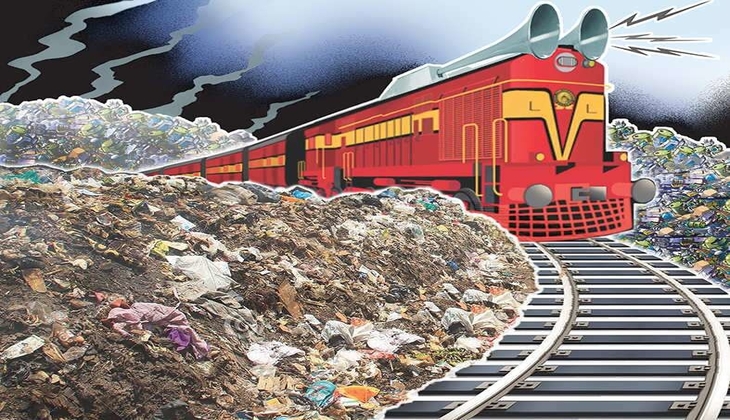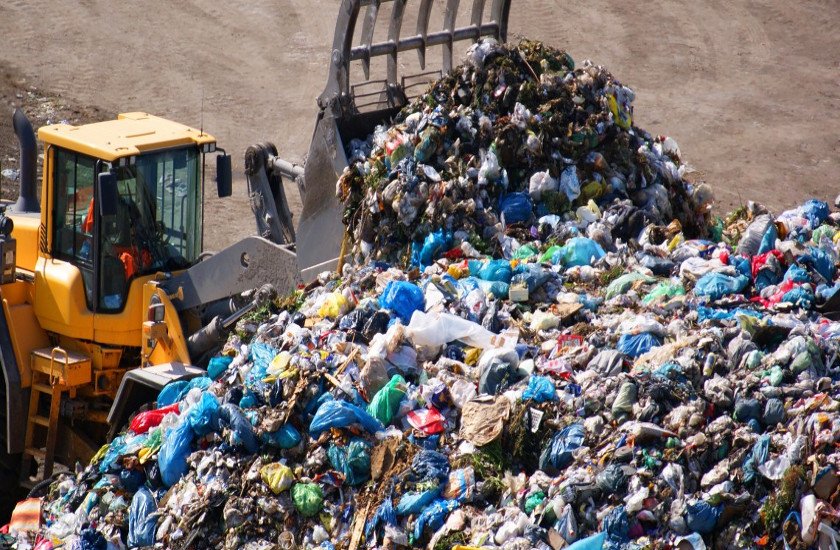Solid Waste Management
The world is literally drowning in waste. Waste generation worldwide is expected to hit 3.4 billion tonnes per year mark by 2050; an increase of 70% from 2016 levels. In India, rapid urbanisation, shrinking spaces and lifestyle changes are adding to the waste burden. More than 0.15 million tonnes of municipal solid waste (MSW) is generated per day, which is estimated to grow three times by 2030. Currently, only about one-third of the waste is processed (recycled, composted or converted into biogas or electricity). The rest finds its way into dumpsites or is burned in open areas.
The waste problem is a combination of poor collection, transportation, treatment measures and disposal mechanisms. While our municipal authorities must provide this essential service, they fail to do so given lack of funding, capacity and planning.
Our work on solid waste management is focussed on improving end to end waste management practices. We are promoting source segregation and decentralised processing with an aim to achieve zero-landfill status for our cities. We are working on improving policies and building capacities of municipalities to enhance implementation. At the same time, we are committed to making citizens ‘waste-wise’.






